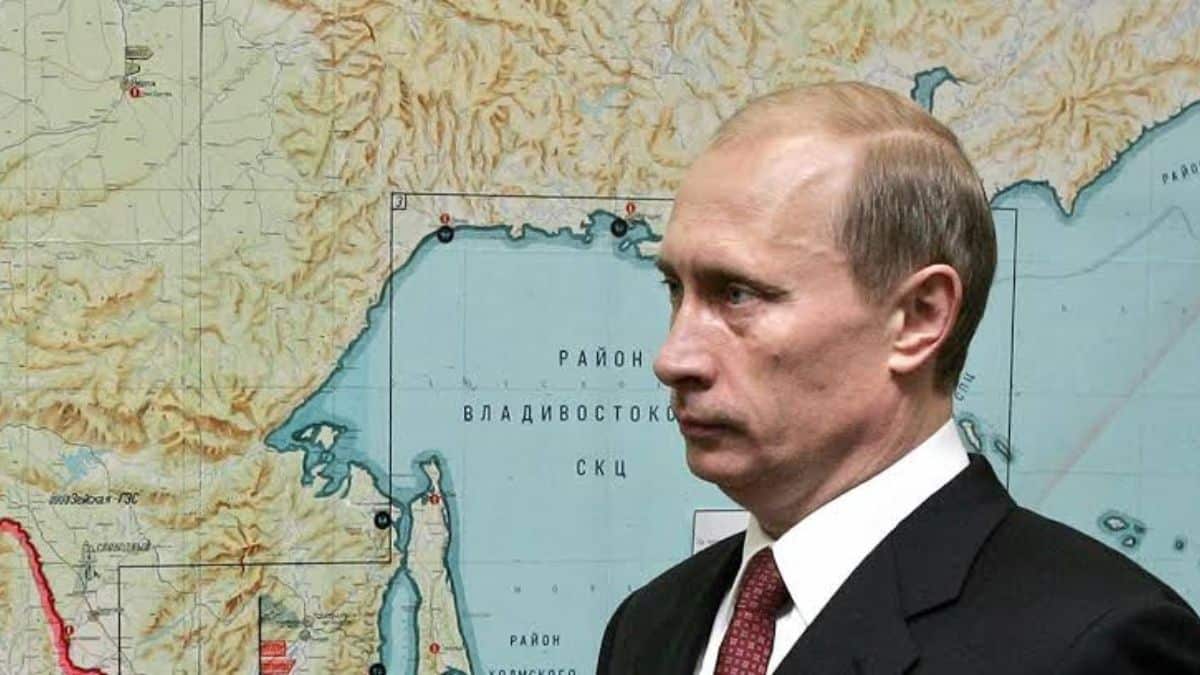Indonesia has issued a firm denial regarding recent speculation of purchasing Russian oil amidst global sanctions, yet has cautiously kept the door ajar for potential future considerations, officials announced today.
In a press briefing held at the Ministry of Energy and Mineral Resources, spokesperson Made Supriatma reiterated Indonesia’s adherence to international sanctions imposed on Russia in response to its invasion of Ukraine earlier this year. “There is no truth to the rumours suggesting Indonesia has engaged in the purchase of Russian oil,” Supriatma affirmed, aiming to quash growing concerns within diplomatic circles.
The denial comes amidst heightened scrutiny over global energy supply chains and efforts by Western nations to isolate Russia economically. Indonesia, an emerging economy heavily reliant on imported oil, finds itself navigating a delicate balance between energy security and international geopolitical pressures.
Despite the categorical denial, Indonesian officials left room for future possibilities, hinting at a nuanced stance on the issue. “While Indonesia has not imported Russian oil to date, we remain vigilant and open to considering all options to meet our energy needs,” Supriatma added, signalling a pragmatic approach amid fluctuating global oil prices and supply uncertainties.
The controversy over potential Indonesian-Russian energy transactions underscores broader geopolitical tensions, with countries worldwide facing pressure to align with Western sanctions against Moscow. Indonesia, a member of the G20 and ASEAN, holds strategic importance in the Asia-Pacific region, making its policy decisions on energy procurement closely monitored by international stakeholders.
Indonesian President Joko Widodo’s administration has maintained a stance of neutrality in international conflicts, advocating for dialogue and diplomacy as a means to resolve disputes. The government’s recent statement reflects this diplomatic strategy, emphasizing compliance with international norms while keeping avenues open for future policy adjustments based on evolving geopolitical dynamics.

